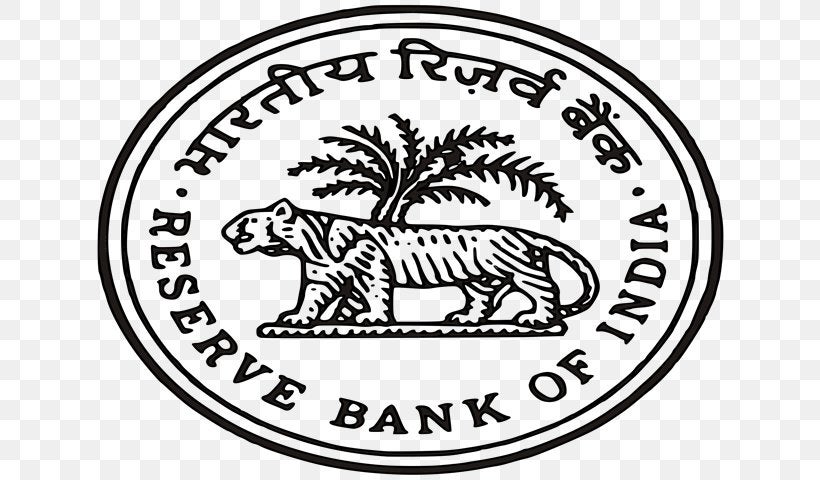
India’s central bank has directed card issuers to give credit card holders the capability to enable or disable their cards for different uses and to modify their transaction limits as they see fit.
For greater security and convenience of cardholders, they should be given the flexibility to enable or disable their cards themselves for specific uses, says the Reserve Bank of India (RBI), the country’s central bank.

Access deeper industry intelligence
Experience unmatched clarity with a single platform that combines unique data, AI, and human expertise.
For example, a cardholder who does not want his or her card to be used for online transactions, should able to disable it specifically for online use, RBI instructs.
The same flexibility should be available for other types of uses: domestic, international and, of course, online, physical, and contactless. Credit card holders should be able to make the switch themselves, “based on their risk perception”.
Total flexibility, for security and convenience
Cardholders should not only be able to change their transaction limits whenever they wish, but also be able to do so for particular uses: at ATMs, Point of sale, online, or contactless.

US Tariffs are shifting - will you react or anticipate?
Don’t let policy changes catch you off guard. Stay proactive with real-time data and expert analysis.
By GlobalDataRBI has directed banks to issue new cards with only one option enabled: use of the card at physical contact points (ATMs or point of sale) devices within India. Any and all additional uses beyond this default facility should be enabled by the cardholder.
As stated in the RBI directive, “Issuers shall provide cardholders a facility for enabling card not present (domestic and international) transactions, card present (international) transactions and contactless transactions.”
These directives are not mandatory for issuers of prepaid gift cards and cards used at mass transit systems.
Where applicable, however, this policy of total credit card flexibility for security and convenience will take effect on 16 March 2020.







